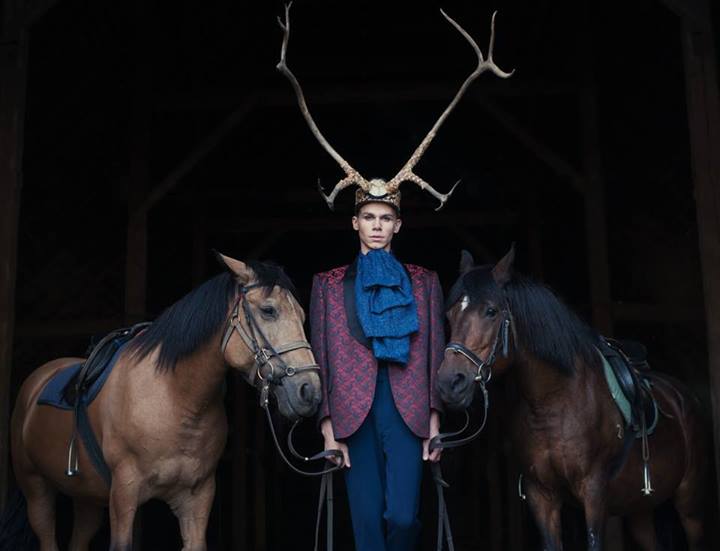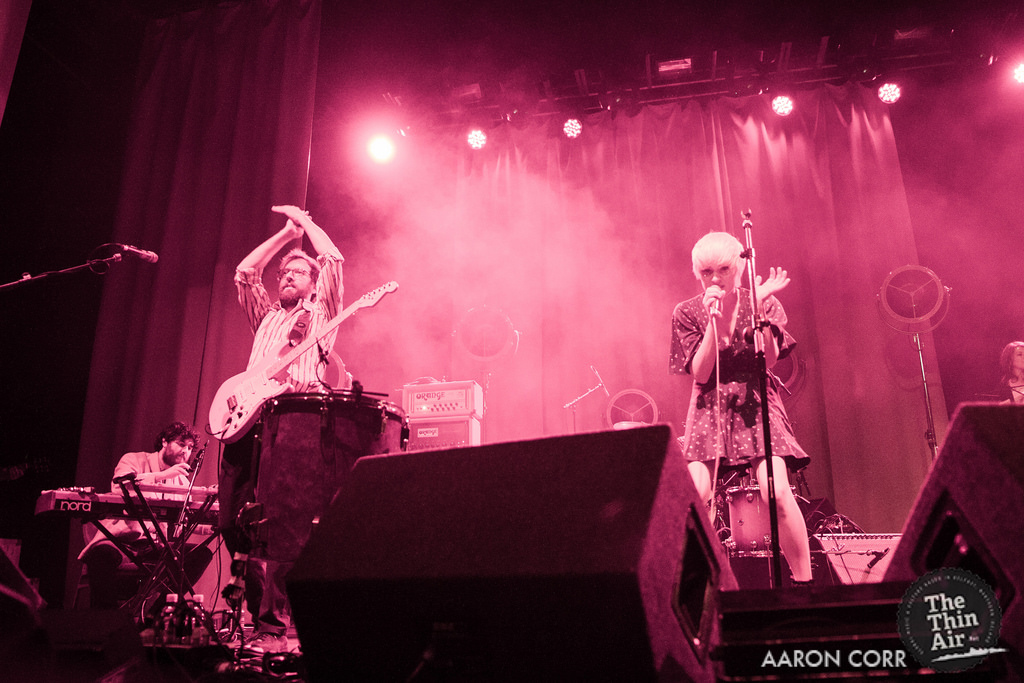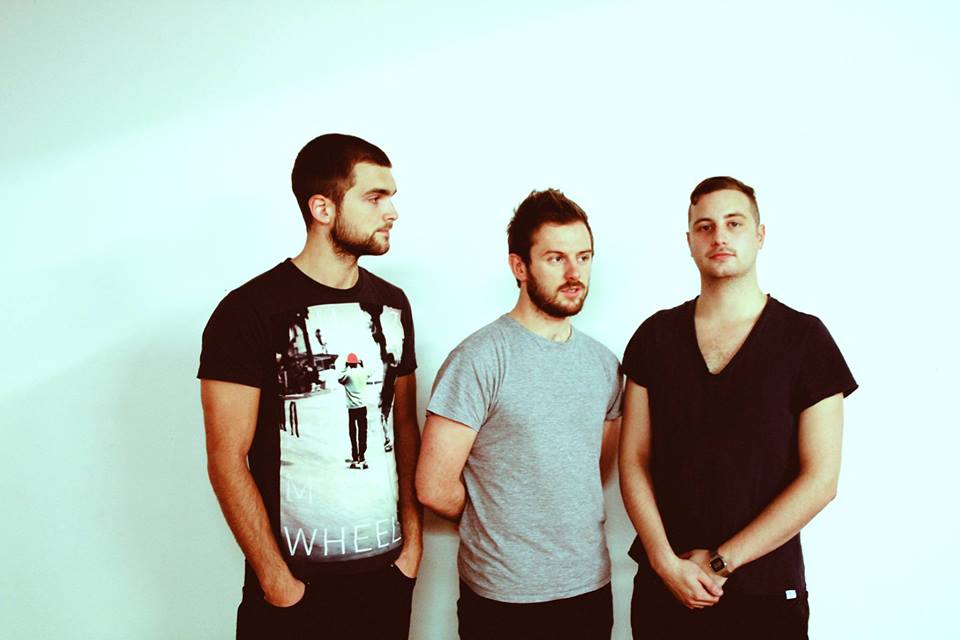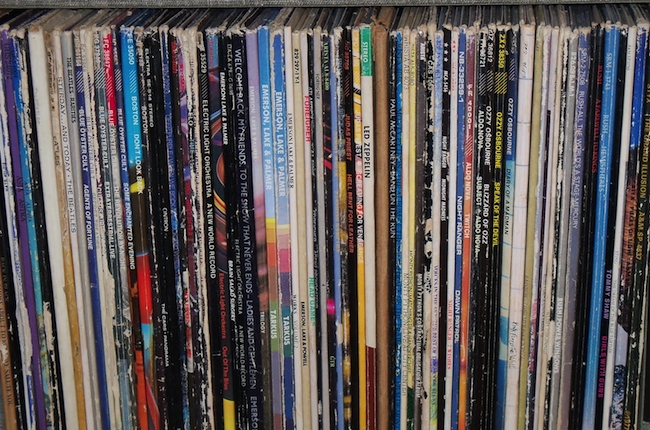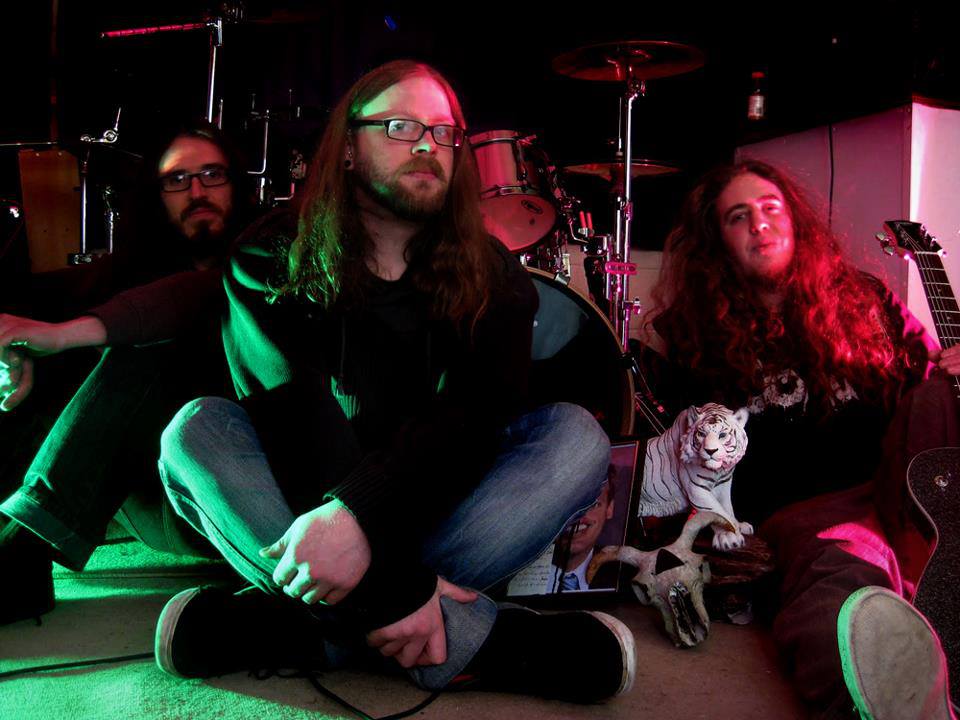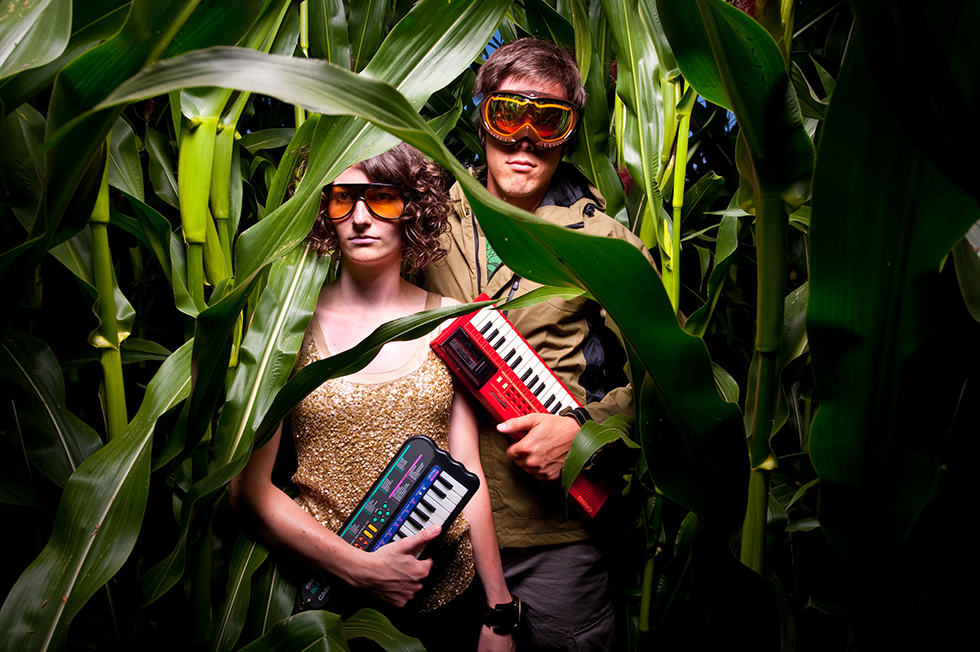Nestled between Russia’s Kaliningrad Oblast, Poland, Latvia, Belarus and the Baltic Sea, Lithuania’s geographic location in Europe’s northeastern corner has had a significant effect on the evolution of the country’s music scene. Under Soviet rule for fifty years from 1940 to 1990 – save for a brief period under German occupation during World War II – the growth of an alternative music scene in Lithuania was stunted somewhat due to Western influences, especially rock, being surpressed by a communist regimé which viewed such styles as products of decadence and a source of social corruption.
But nonetheless, Western music still managed to slip slowly through the net thanks to the now-legendary Radio Luxembourg and smuggled LPs, which were copied to tape and distributed to music lovers eager to get their fix of the latest British and American groups. Staging concerts remained a dangerous business, though, and it wasn’t unknown for organisers to be targeted by the notorious KGB. By the mid-1980s, however, a wave of local acts had emerged who not only paved the way for subsequent generations of Lithuanian artistes, but were also brazen enough to wave a two-fingered salute to Moscow’s political doctrine, with pioneering acts such as Antis, Foje, Katedra, and Bix participating in Roko Maršas (‘Rock March’), a series of music festivals held during the late ’80s in support of the rapidly-growing independence movement.
Lithuania finally gained independence in 1990, but while acts from other former Soviet republics quickly made ambitious – albeit mostly unsuccessful – attempts to make inroads into the newly-available Western market, most Lithuanian acts appeared to either resist the opportunity or get lost in the crowd. Even today, it’s fair to say most people on these shores would find it impossible to name a single Lithuanian act.
So what’s the deal? Is it another case of a small European scene being marginalised by the bigger players? Or are we simply looking in the wrong place? On closer inspection, those working within the Lithuanian music industry are positive about the quality of acts the country is producing, although they acknowledge there are factors working against overseas success for some.
“I think it’s not specifically a Lithuanian problem, it’s difficult for everybody to achieve success,” says Lauras Luciunas, one of the main organisers of Vilnius Music Week and manager for one of Lithuania’s most successful music exports, Alina Orlova. “When we are talking about the international market here in Lithuania, we have Western countries in mind, but I can say that, as a manager and promoter, I can earn much more in the eastern part of Europe – Russia, Ukraine, sometimes Belarus, and neighbouring countries such as Poland, Latvia, and Estonia. If you are playing in Ukraine, for example, you could have 50 interview requests and a large number of journalists at a gig.”
When asked if the language barrier is a problem, Luciunas’ answer is short but telling: “No, if you are not in the UK.”
Ramūnas Zilnys, a music journalist and critic who writes for Lietuvos Rytas, one of the country’s national daily papers, offers another explanation. “There’s a lack of professional managers with international contacts and experience, and lack of finance to invest into spreading the word,” he claims, before touching on the language issue, too. “An inability to write good lyrics combined with the deep belief that singing in English is the only way and singing in Lithuanian somehow puts you in an inferior position. Also, the size of a small market makes it difficult to even get enough quality experience of performing live.”
As both men begin to list performers who are making inroads abroad, it’s obvious that Lithuanian artists wise enough to avoid those potential pitfalls can find their efforts being rewarded, but do they have to follow the lead of popular foreign music trends in order to achieve recognition, or can they find success through experimentation?
“I’d say they follow trends but also add a quirky touch,” Zilnys claims. “Colours of Bubbles are a good example. They play a mixture of your regular Manchester indie with quite a bit of country thrown in. Alina Orlova is another example. People try to compare her to Regina Spektor, but the truth is she’s pretty singular, performing mostly in Lithuanian and still pulling off tricks like getting to open an important festival like Les Boréales with a French orchestra.
“The whole indie rock thing seems to be fading a bit,” he admits. “There’s a lot of emphasis on atmospheric sound and electronica-meets-whatever stuff. Pretty chilled stuff as well.”
Luciunas adds: “Electronic music creators here are quite original – bands such as Golden Parazyth, and Electronic I, and artists like Leon Somov, Mario Basanov, and Gerai Gerai. These acts are rather well known and they can make a living from their music.”
And how does the Lithuanian media perceive these acts? Are they embraced or do they have to fight for every last column inch?
“It depends on the style,” says Zilnys. “Pop music is all over the TV. However, it’s usually performed as part of talk shows, etc. There are also annual shows like MAMA, which is a three-hour marathon of Lithuanian music of different genres, held in Lithuania’s biggest arena, and broadcast by one of Lithuania’s biggest TV channels. It’s a Lithuanian answer to the Grammys, more or less.
“But if we talk a wider picture, there’s lots of music-related stuff available in the media,” he continues. “It’s just that the mainstream media would rather talk about musicians as opposed to music. That means to get exposure in big mainstream media, the artist usually has to have a ‘sensationalist’ angle, although there are exceptions like Alina Orlova,” before adding that, “there’s plenty of blogs and independent radio shows on the web, so alternative acts thrive there but mainstream media usually doesn’t pay attention.”
At this juncture the obvious question is, how do foreign listeners react to these artists and to Lithuanian music in general? It’s one which sees the two industry professionals offering contrasting responses.
“It’s very difficult to say,” Luciunas admits. “But when I was touring with Alina Orlova in France last year, we had 22 gigs in seated arenas and festivals, I saw audiences trying to sing in Lithuanian; it was emotional. Music has no origin.”
Zilnys is more analytical: “Well, jazz and folk afficionados are pretty familiar with some of our artists like Vladimiras Tarasovas or Petras Vysniauskas, I’m sure. I do believe most of the audience have no clue about Lithuanian pop and rock, though.
“We somehow missed the boat after the fall of the Soviet Union, when many post-Soviet acts were touring western Europe and were seen as something exotic and newsworthy, without making any real breakthroughs. So I think there’s no perception whatsoever, which could also be a good thing as we still have a ‘clean sheet’.
“When it comes to electronic music, we have a great profile,” he continues. “Just Google artists like Mario Basanov, Ten Walls or those on the Silence label. There are Lithuanian artists who are regular fixtures on the Resident Advisor and Beatport charts, play gigs abroad 50 weekends a year and are regularly featured in British electronic music magazines, BBC radio, and so on.”
Listen:
The playlist below includes some of the artists Lauras Luciunas and Ramūnas Zilnys mentioned, from indie-folk chanteuse Alina Orlova, to floor-filling house maestro Ten Walls, and the breezy folk-pop of Colours of Bubbles. It also has the likes of Beissoul (pictured above), who deals in a seductive brand of electro-soul, introverted electronica courtesy of Umiko, a hooky slice of downtempo from Kurak and off-kilter atmospherics from Sovijus. For further exploration, nationwide radio station LRT Opus plays a mix of rock, alternative and electronic, and also broadcasts the LRT Opus Ore live sessions – which are also filmed for its YouTube channel – while the Estonian-based website The Baltic Scene publishes regular English-language reviews, features, and interviews with Lithuanian artists. Patrick Conboy
Check out Part I (Slovenia) and Part II (Austria) of Patrick’s Trans-Europe Express column.

